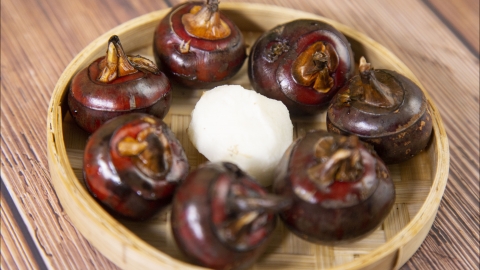Are horse hooves beneficial for cardiovascular diseases?
Generally speaking, water chestnuts may offer certain auxiliary benefits for cardiovascular diseases, but their effects are limited and should be consumed rationally. The details are as follows:

Water chestnuts are rich in potassium, dietary fiber, and various vitamins. Potassium helps regulate the body's electrolyte balance and maintain normal blood pressure levels, thus having a positive effect on cardiovascular stability. Dietary fiber promotes intestinal motility and helps reduce cholesterol levels in the blood, decreasing the risk of vascular blockage. However, as a food item, water chestnuts cannot replace medication for treating cardiovascular diseases. Moreover, water chestnuts are relatively cold in nature, and excessive consumption may cause gastrointestinal discomfort, especially for those with a weak or cold spleen and stomach, who should be particularly cautious. In addition, water chestnuts contain a certain amount of sugar, so patients with cardiovascular disease and elevated blood sugar should control their intake to avoid fluctuations in blood sugar levels.
When consuming water chestnuts, it is recommended to eat them raw after thorough washing or cook them thoroughly. When eaten raw, proper hygiene should be ensured to prevent parasitic infection. In daily life, maintaining a low-salt, low-fat diet and engaging in regular physical activity are more important for managing cardiovascular diseases.









